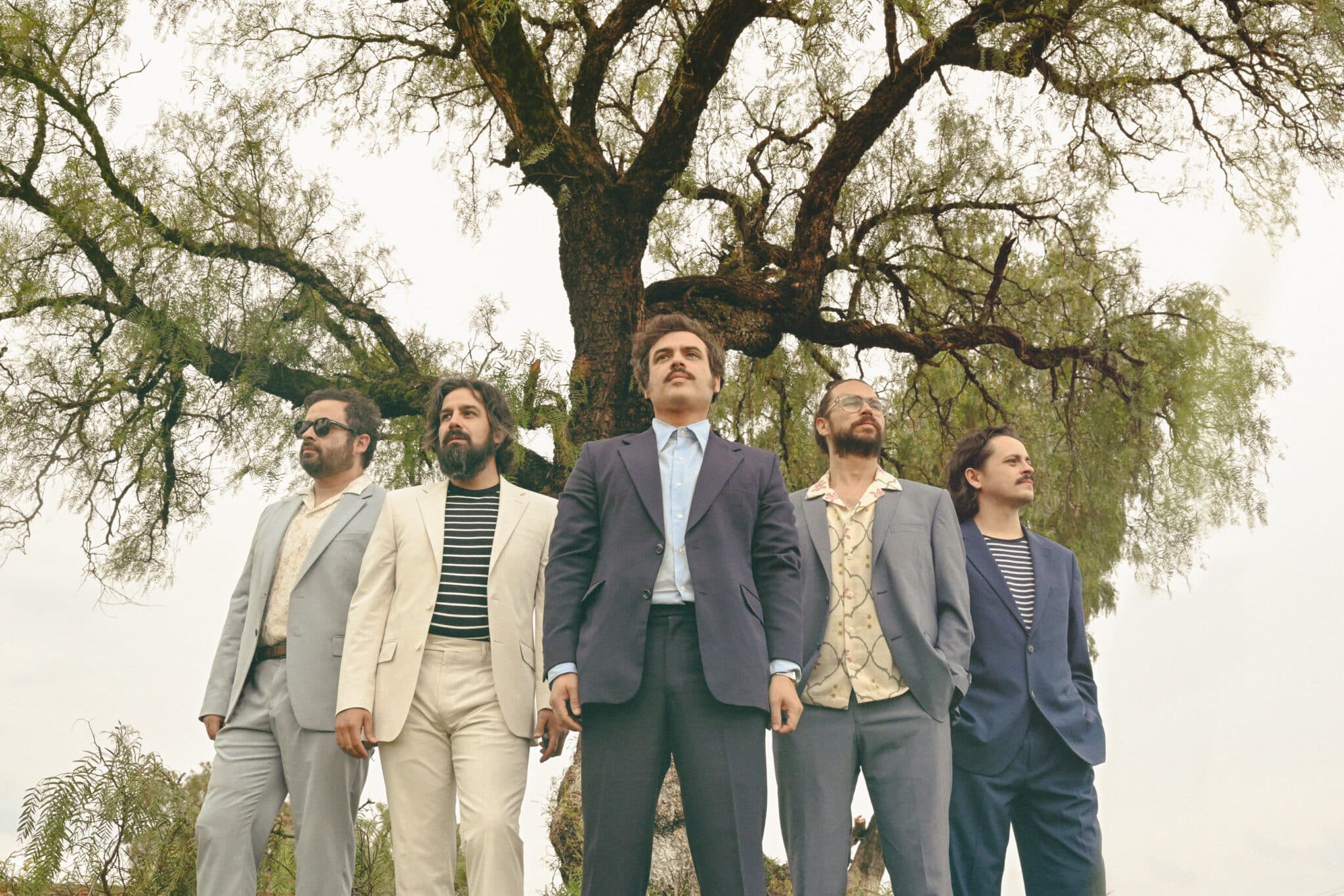
Mon Laferte Talks Regional Mexican Album ‘Seis’ and Singing With Gloria Trevi
Chilean singer-songwriter Mon Laferte is back with her new album Seis. Across the 14 tracks, she tackles various regional Mexican music genres while enlisting the support of local legends like Gloria Trevi and Alejandro Fernández. That alternative edge that Laferte is known for is still present. In an interview with Latido Music, she talked about her inspiration for the album and the stories behind a few of the songs.
Chavela Vargas was a big inspiration for the album.
Laferte is from Chile, but she’s lived most of her music career in Mexico, so these sounds are familiar sounds to her. Another famous Mexican transplant, Costa Rica-born Chavela Vargas, was a major inspiration for Seis.
“She was a very free woman,” Laferte tells mitú. “I admired her freedom and her gall. She didn’t care what anyone thought. She was who she was. She sang her songs with heart and soul. She left her life in every song.”
There’s even a banda moment on Seis.
Regional Mexican music is heard around the world, especially in Chile. Before moving to Mexico, the sound of the country was part of Laferte’s childhood. She dabbled in banda music for the first time in “Se Me Va A Quemar El Corazón” with Banda El Limón De René Camacho.
“This album is an homage to Mexico, so it had to have a bit of everything that the country is known for,” Laferte says. “It was very important for me to represent banda music on this album. The truth is banda has always been interesting to me.”
“La Mujer” with Gloria Trevi
In a highly-anticipated moment on the album, Laferte teamed up with Trevi for “La Mujer.” She reveals this was a heavily requested collaboration by both their fan bases. In the incredible music video, Laferte and Trevi dance together in front of a giant vagina. The girl power here is everything.
“Gloria is someone who I have always admired since my childhood,” Laferte says. “She’s always been an inspiration to me because she’s a powerful woman too. She’s like Chavela. She’s a woman that rose from the ashes. We were practicing the choreography for the music video and I had so much fun with her. She was just as I imagined she would be.”
During the interview, I blurt out that this was a big moment for their fans in the LGBTQ+ community. “It’s a big moment for me too!” Laferte says with a laugh. “[To my fans in the community] I send them big kisses, a lot of love, and give them my thanks for listening to my music and for all the support.”
“Esta Morra No Se Vende”
Another girl power moment on the album is “Esta Morra No Se Vende.” Laferte is living her best Norteña life in this song that speaks to overly-advertised consumerism. She even lets out a grito to boot.
“That was one of the last songs I wrote for the album,” Laferte says. “Now with what’s happening with social media, this is an ode to ostentation. That I have expensive things. That I have this. That I have that. I believe that’s the reality that me and many other women face. You’re not going to buy me with your money, or your likes, or your numbers of any kind.”
“Que Se Sepa Nuestro Amor” with Alejandro Fernández
“Que Se Sepa Nuestro Amor” was the first single from Laferte’s Seis album. With Mexican music royalty, Fernandéz, she has a mariachi music moment. Even though the artists haven’t been able to meet face-to-face, they came through with a dreamy duet.
“When we recorded the song, we were at the beginning of the [COVID-19] pandemic,” Laferte says. “When we were very closed-off and didn’t go out. It was all done from a distance. He was very nice and very professional, but we didn’t see each other. Till this day we haven’t seen each other in person but only through technological means. He’s very cool. Very sweet. He has a beautiful voice.”
“Aunque Te Mueras Por Volver”
One of the most striking songs on Seis is “Aunque Te Mueras Por Volver.” This is most similar to the alternative drama that Laferte has served before in her greatest hits. If there was ever a need for a James Bond theme song in Spanish, this would be the perfect fit.
“The song was inspired by cinema like James Bond and all that,” Laferte says. “It also has that spirit of the music from the time of Frank Sinatra, Raphael from Spain, and José José from Mexico. Like that orchestral era with beautiful voices. The lyrics are the story of my life.” With a smirk, she adds, “Aunque te mueras por volver, but you already lost your chance.”
Click here for Latido Music, 24/7 Latin music videos & more




